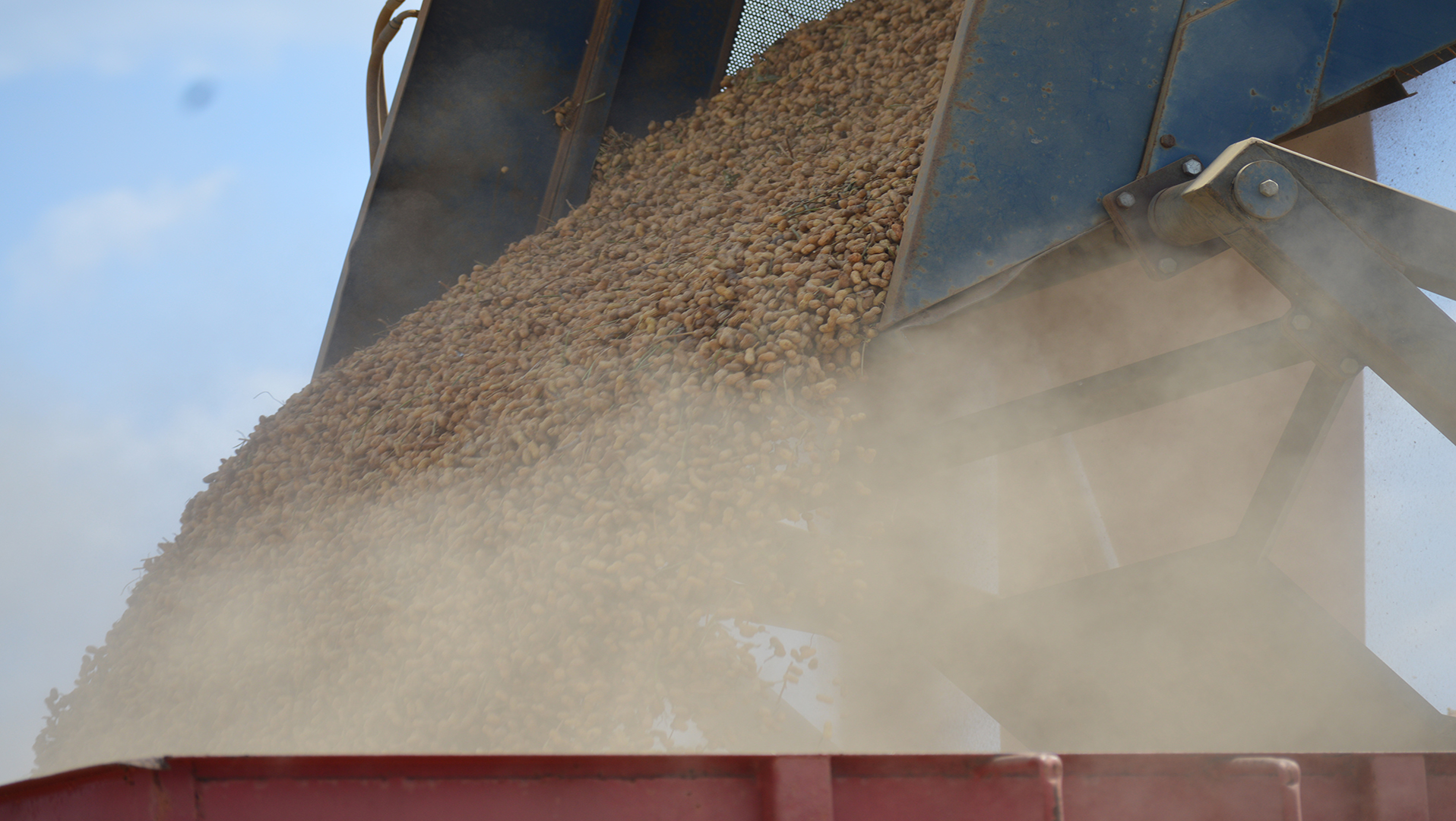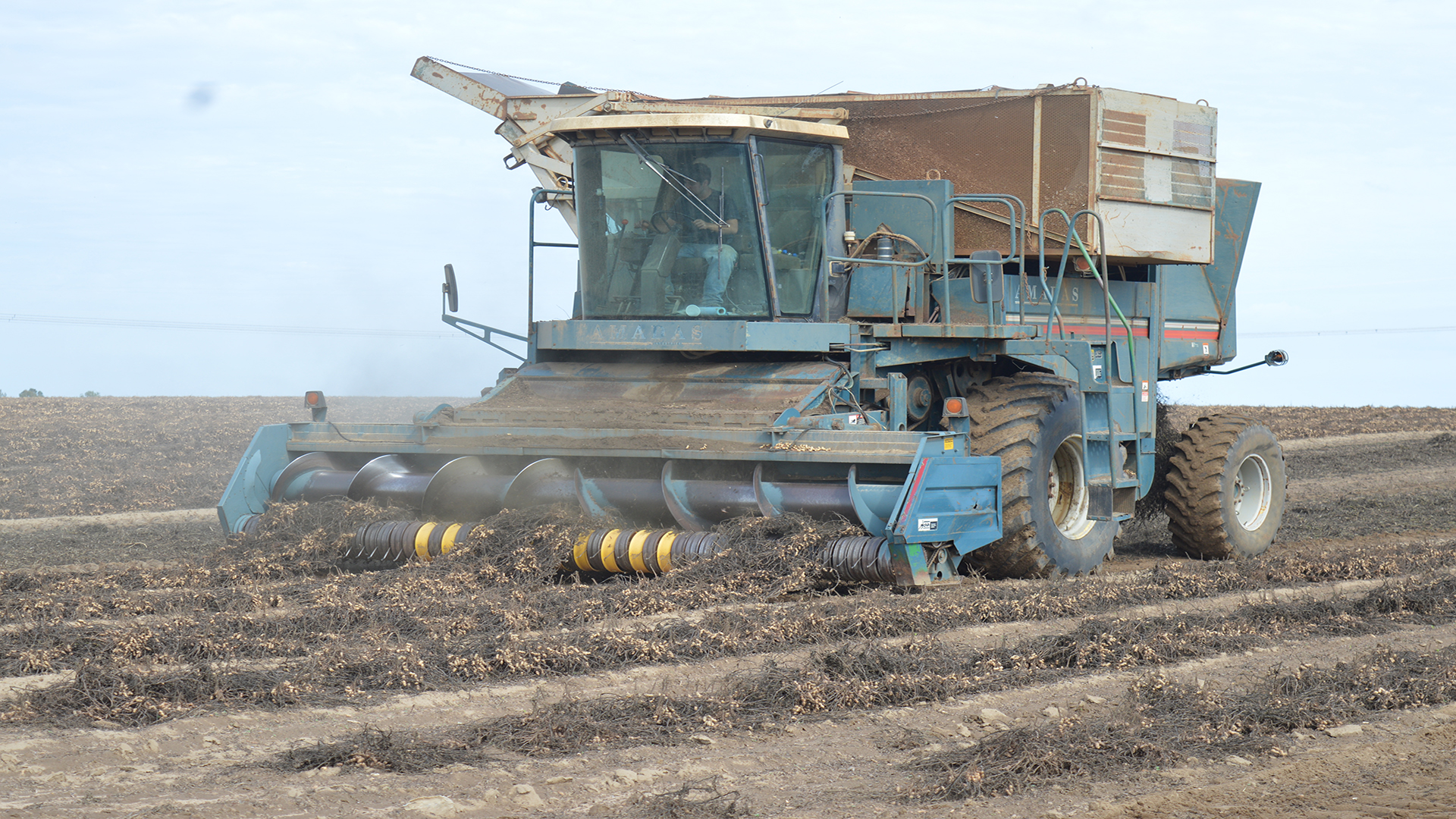Harvest Tour Helps Spread Good News About Peanuts
A group of food bloggers and culinary experts learned about peanuts, from farm to flavor, during the Alabama Peanut Producers Association (APPA) Harvest Tour Sept. 19-22.
The seven participants visited southeast Alabama peanut farms, toured the Wiregrass Research and Extension Center in Headland and experienced the inner workings of a buying and shelling facility in the area. They also heard from Dr. Samara Sterling of The Peanut Institute who discussed peanut nutrition and research relating to peanut consumption and cognitive benefits.
“Learning that peanuts contain many nutrients that help support our immune systems certainly makes me want to incorporate more peanuts into my diet,” said blogger and recipe developer Stacey Little of Prattville.
Little, a contributor to Neighbors magazine’s Farmhouse Kitchen, said the experience equipped him with tons of great information he’ll pass along to his readers.
“Being able to share about peanut harvest and processing, along with the health benefits of adding peanuts to your diet, will certainly allow my readers to make better informed decisions,” he said. “This tour has also helped me refocus on how important our farmers are. So many times, we lose sight of the work that goes into a product on the grocery store shelf. Seeing the level of effort and care each of these farmers puts into producing a healthy, nutritious and affordable crop has given me a new appreciation for something I often overlook.”
Lynda Self, a food and travel blogger from Decatur, shared Little’s appreciation for the tour.
“I might have seen peanuts driving down the road, but I had never actually been in a peanut field until now,” Self said. “The entire tour has been a great experience for me. Learning about the nutrition and health benefits of peanuts was especially fascinating. If I can eat a handful of nuts, instead of taking a pill to improve my health, who wouldn’t want to do that?”
Auburn University’s Dr. Mark Traynor was on the tour. He is a culinary science associate professor and program coordinator in the College of Human Sciences. He said he was fascinated by the research that’s being done to improve peanut production and studies to determine the health and nutritional benefits of peanuts.
“There’s a lot of work that goes into the humble peanut before consumers get them,” Traynor said. “It’s been interesting to profile the flavor from raw, fresh-from-the field peanuts and then them prepared in several ways.”
Peanut farmer Ed White of Headland was a tour host. Attendees observed his GPS-guided tractor dig and turn peanuts that they picked from the vines.
“I think they were especially interested in the technology we use on the farm,” said White, who is an APPA board member and Henry County Farmers Federation president. “I hope they help spread the good news about peanuts, and now they have some good first-hand experience to share.”
Article written by Debra Davis, Alabama Farmers Federation
The Alabama Farm-to-Table Peanut Harvest Tour was sponsored by the Alabama Peanut Producers Association, The Peanut Institute and National Peanut Board.

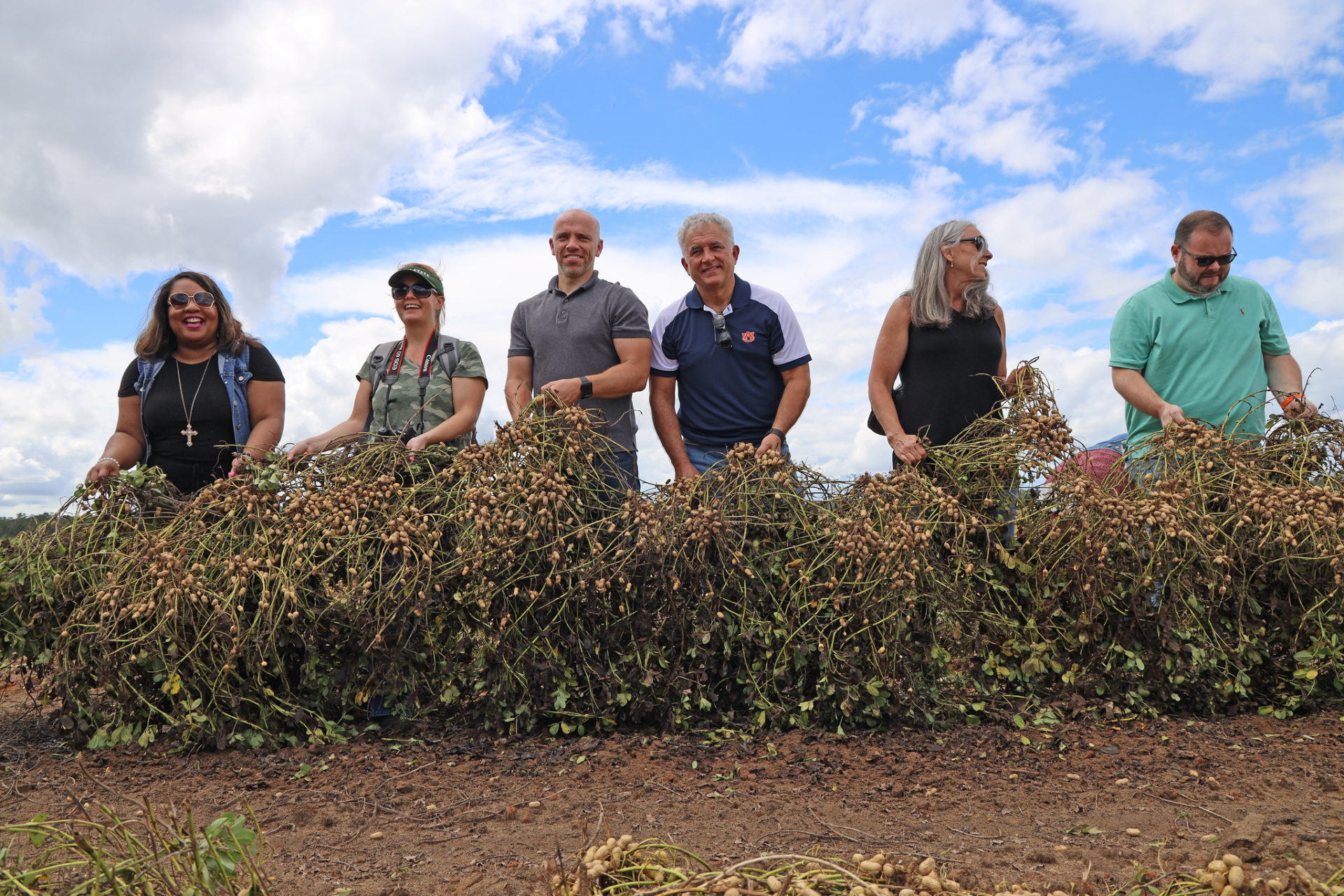
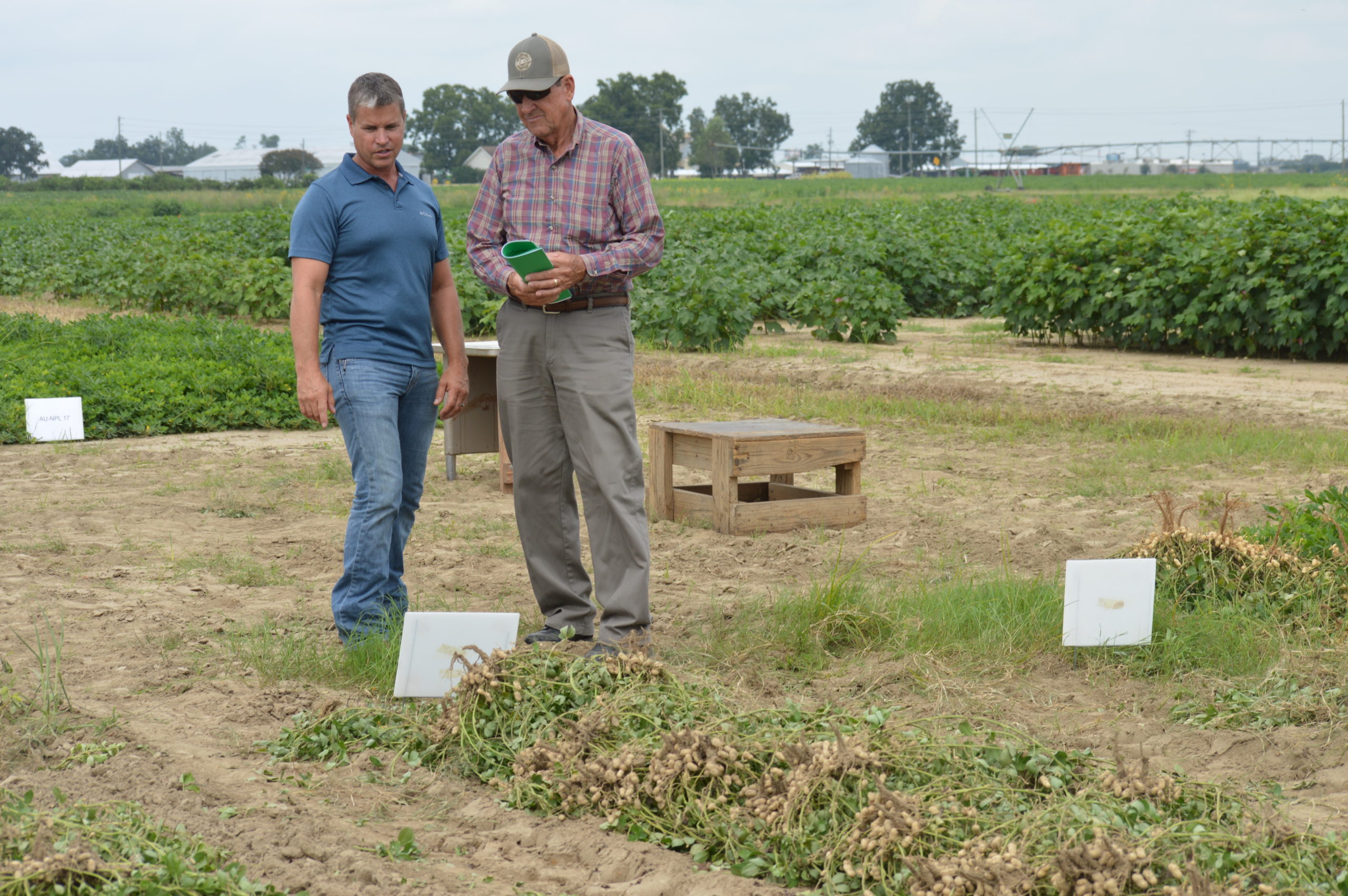
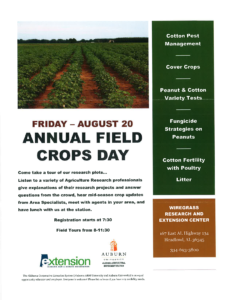
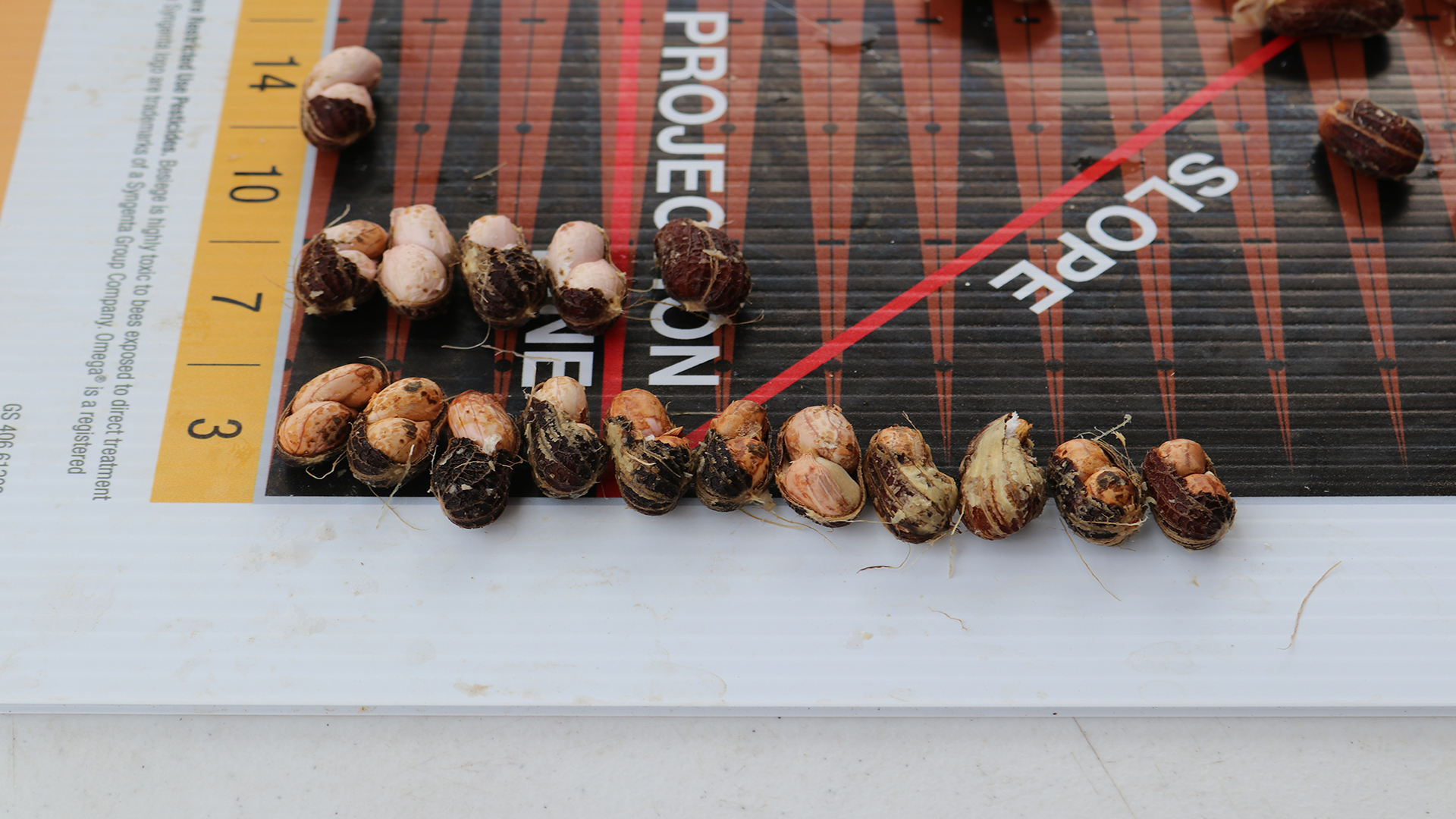
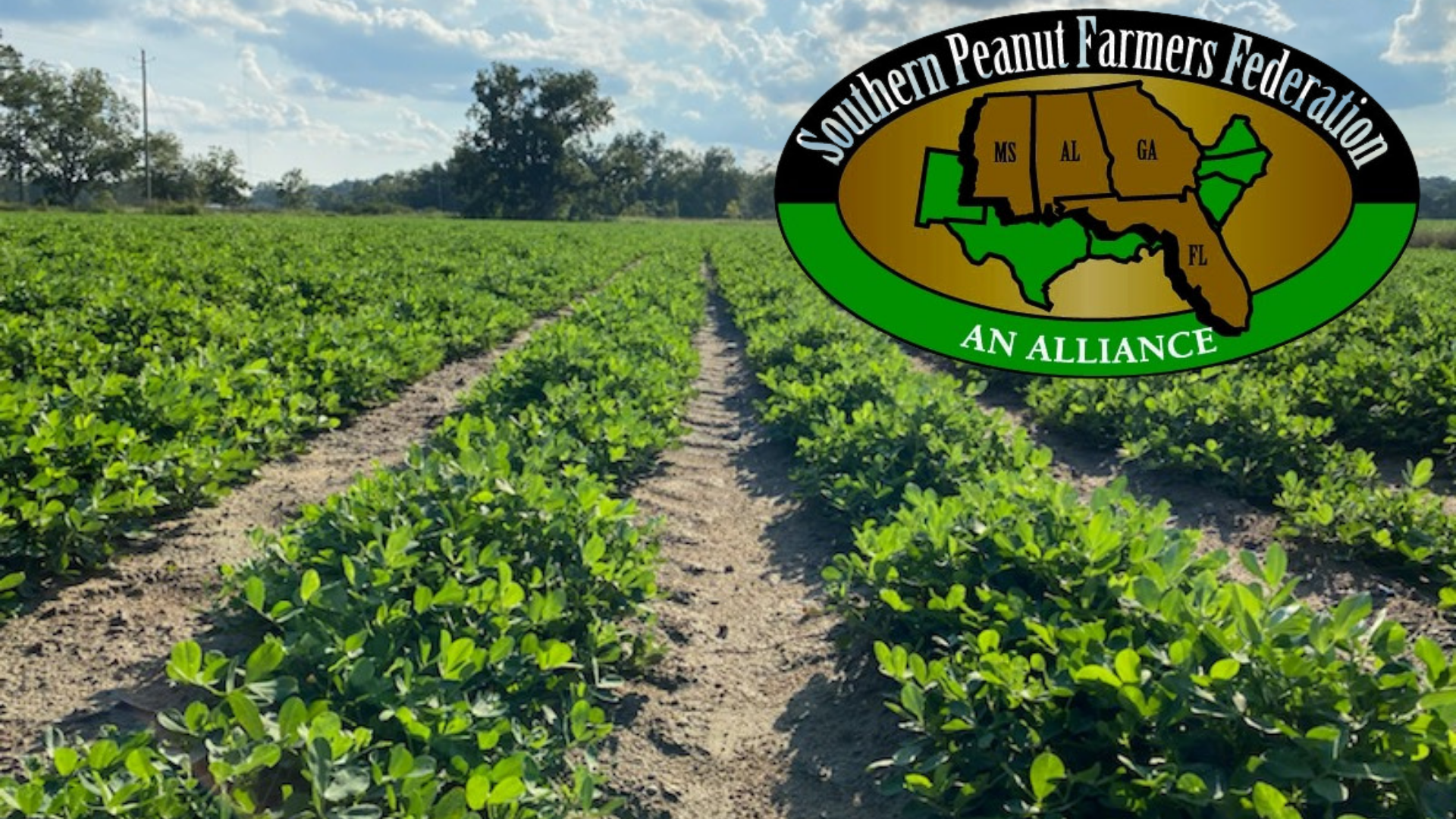

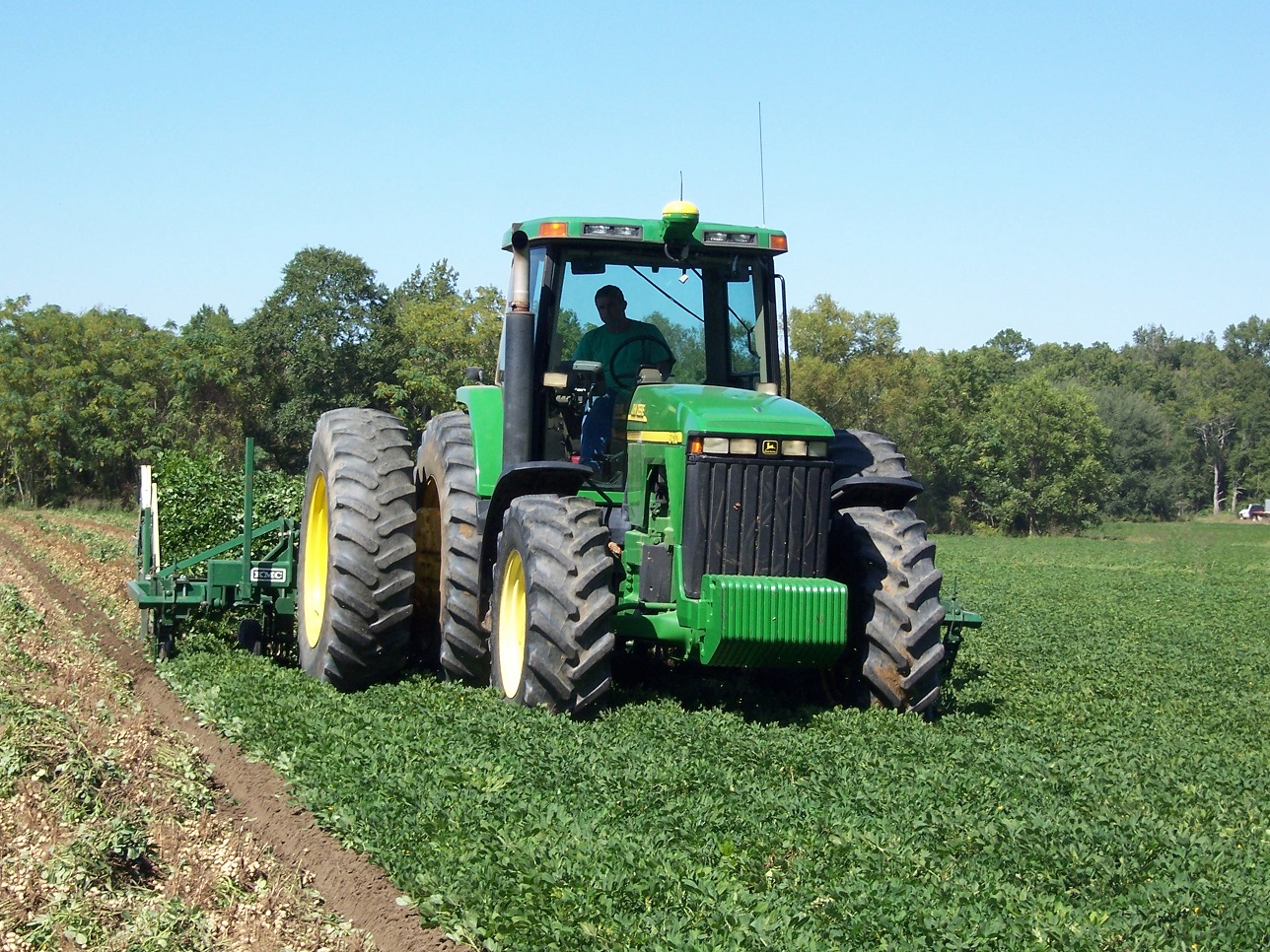
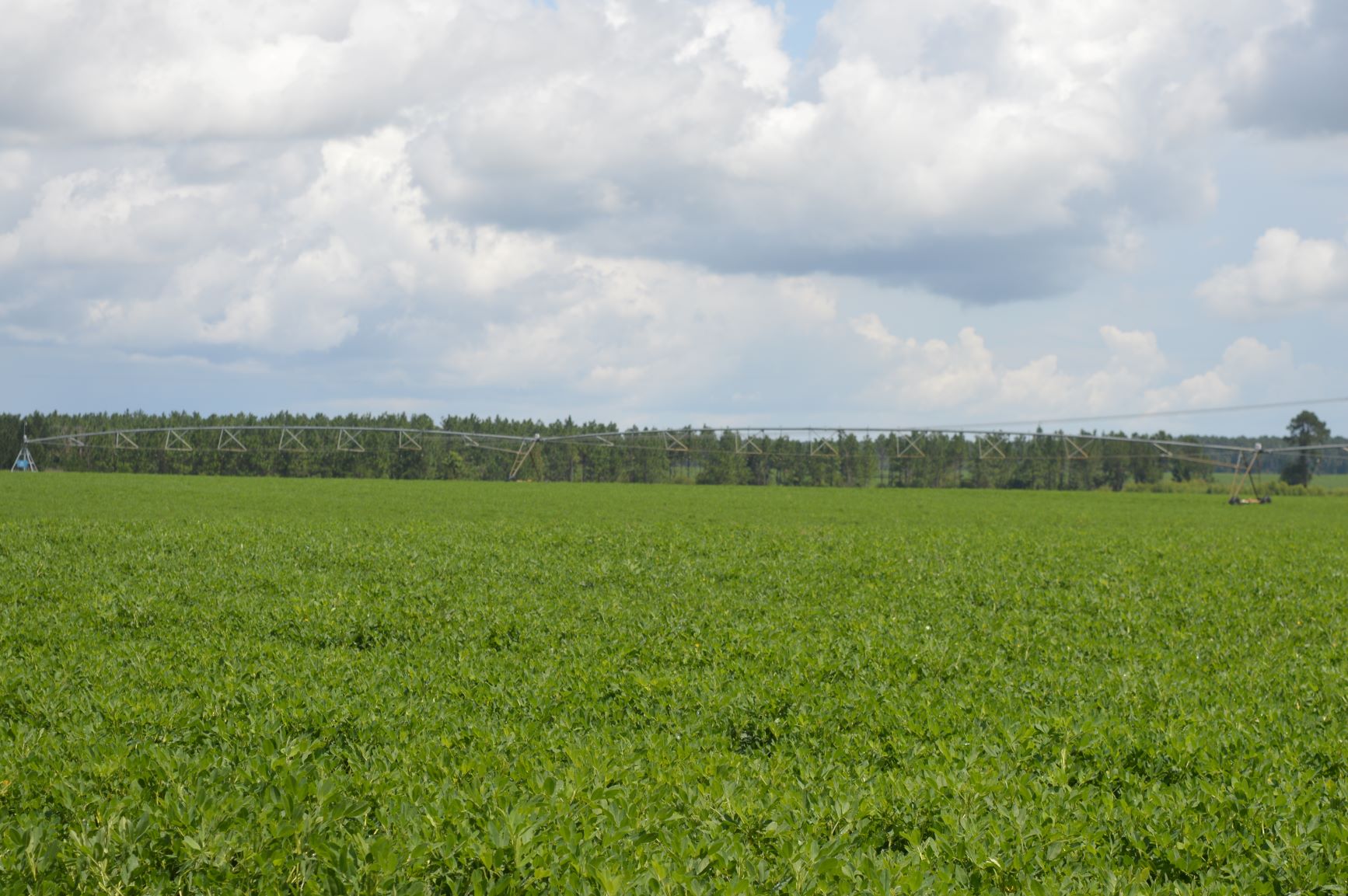
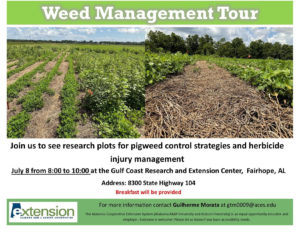 The Gulf Coast Research & Extension Center in Fairhope will host the Weed Management Tour on Thursday, July 8, 2021. The tour is scheduled for 8:00 – 10:00 a.m. Breakfast will be provided. Contact Guilherme Morata at
The Gulf Coast Research & Extension Center in Fairhope will host the Weed Management Tour on Thursday, July 8, 2021. The tour is scheduled for 8:00 – 10:00 a.m. Breakfast will be provided. Contact Guilherme Morata at 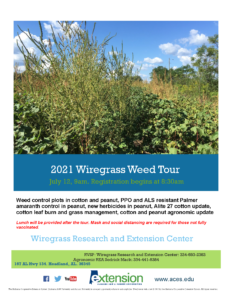 The Wiregrass Weed Tour is scheduled for Monday, July 12, 2021 at the Wiregrass Research & Extension Center in Headland. Registration begins at 8:30 a.m. Tour begins at 9:00 a.m. A lunch will be served. Please RSVP for lunch to the Wiregrass Research & Extension Center at 334-693-2363 or Agronomic REA Sedrick Mack:334-441-8384.
The Wiregrass Weed Tour is scheduled for Monday, July 12, 2021 at the Wiregrass Research & Extension Center in Headland. Registration begins at 8:30 a.m. Tour begins at 9:00 a.m. A lunch will be served. Please RSVP for lunch to the Wiregrass Research & Extension Center at 334-693-2363 or Agronomic REA Sedrick Mack:334-441-8384.
